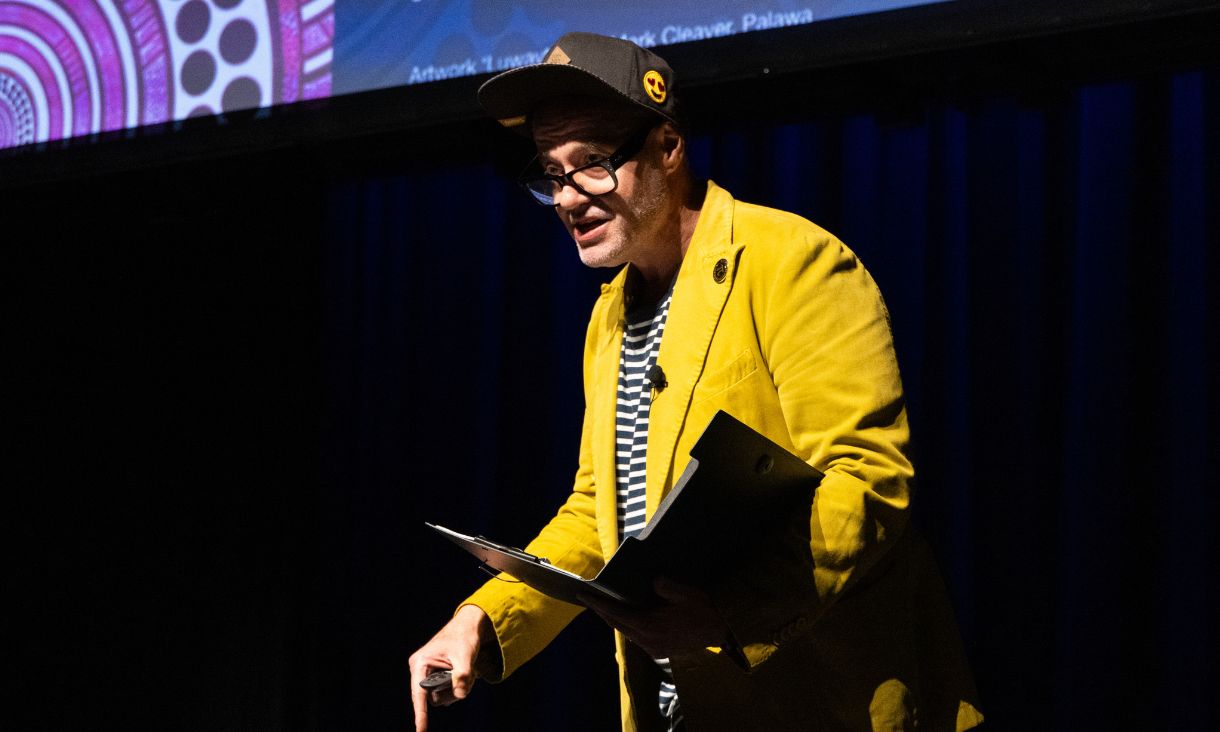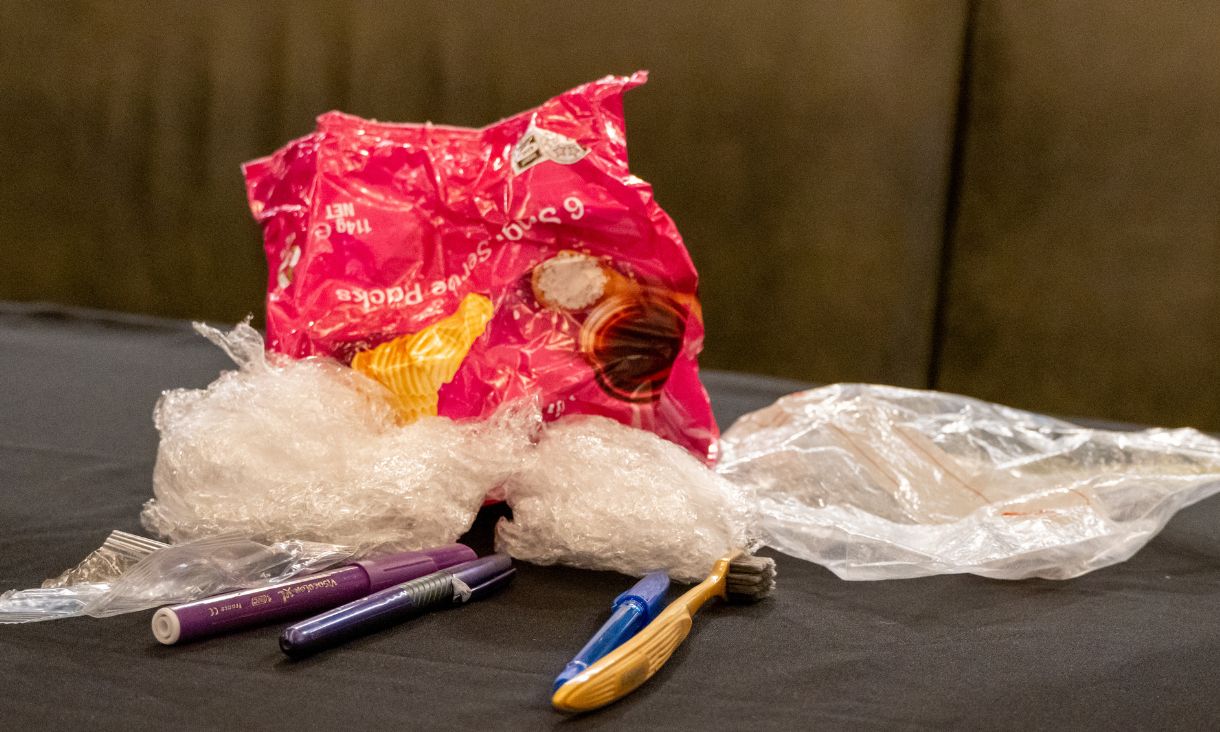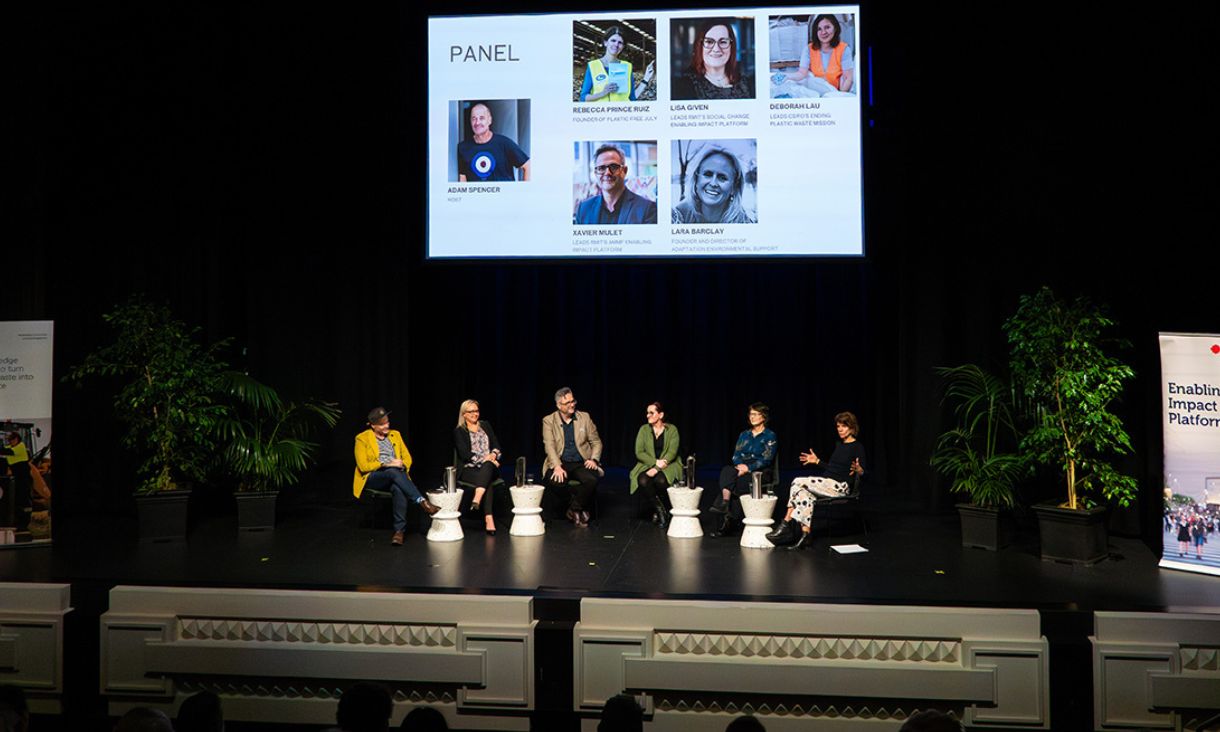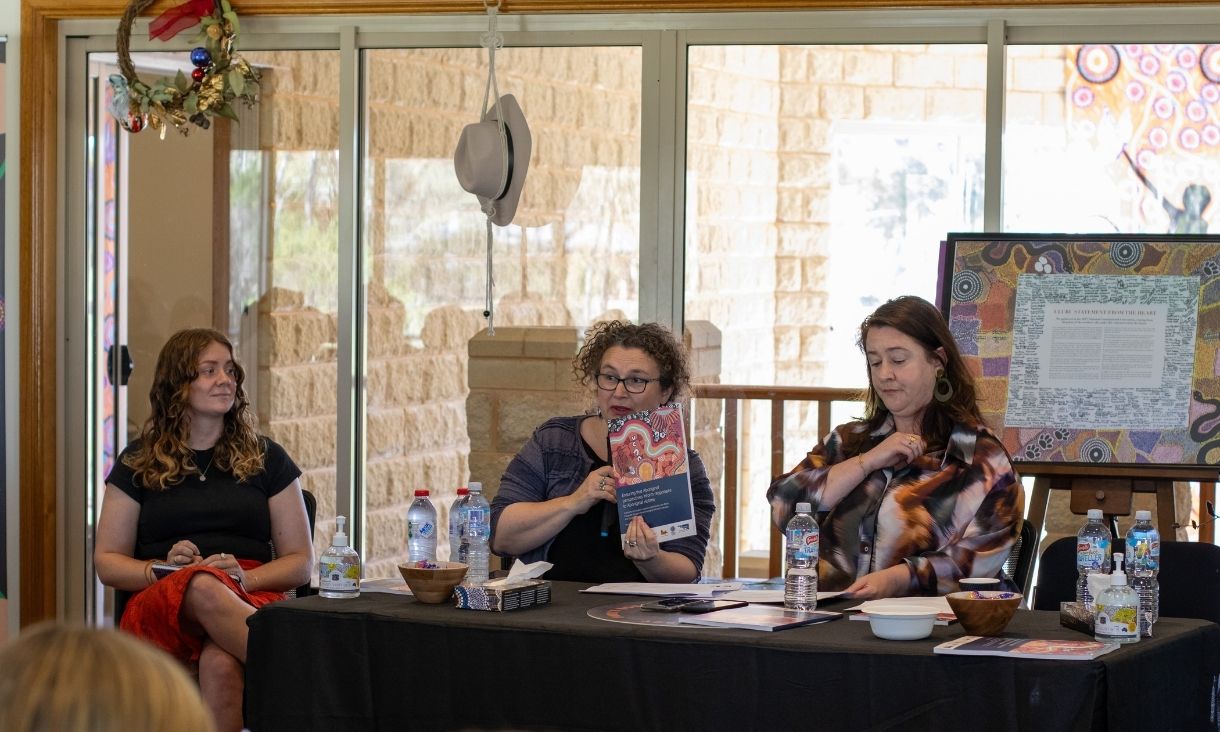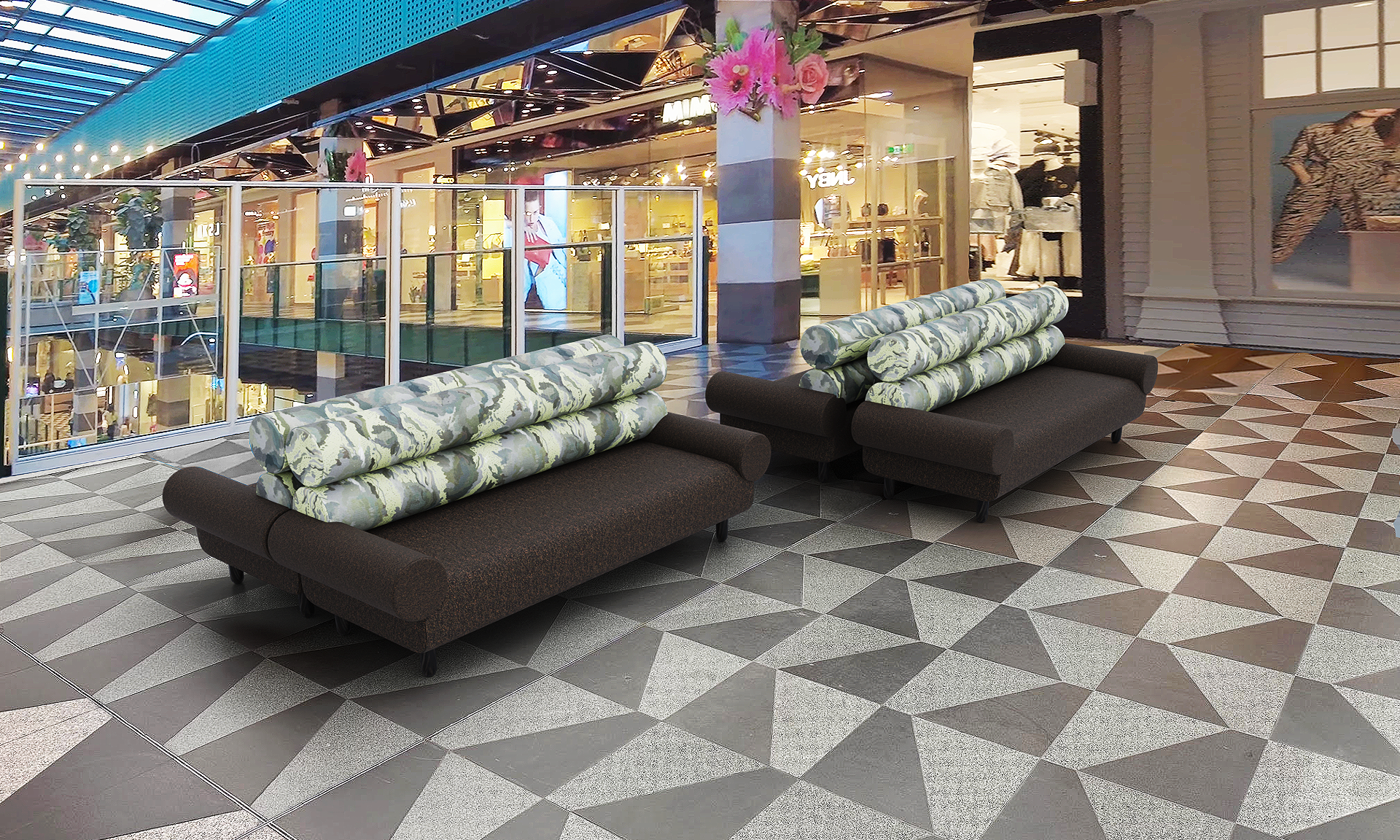G Flip leads the celebrations as RMIT congratulates class of 2024
An electric performance by singer-songwriter G Flip and an honorary degree awarded to the Honourable Margaret Gardner AC were just two highlights from RMIT’s graduation ceremony at Marvel Stadium.
Voices of Aboriginal victims of crime inform calls for improved support
A report has found that widespread structural change to service systems and legal processes is urgently required to ensure that Aboriginal and Torres Strait Islander people who experience crime are receiving appropriate and effective support.
Student’s furniture design provides ‘pocket of peace’ at Melbourne Central Shopping Centre
Lucinda Johnson-Cornes’ art practice imbues quietness and provides perspective amid a busy world.
RMIT launches new tertiary education model to tackle Australia’s skills shortages
Australia will need hundreds of thousands of skilled, knowledgeable workers in the next two decades to support Australia’s economy and our community.

